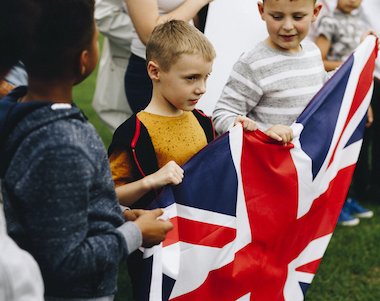Politics (Lesson 2)
Add to My Folder
Teach your children about the history of British politics with our this three-part series of lessons.

In the second of a short series of articles aimed at introducing children to politics, the focus switches to parliament itself – its London location, the role of the monarch, how MPs are chosen, how elections are staged and who currently holds the balance of power.
How does it work?
The role of the monarch
Queen Elizabeth II is the Head of State but remains neutral on all issues. She cannot vote or stand for election. Her main duties are to open and dissolve each parliament and to give royal assent to laws that have been passed. At the state opening of parliament each year, the Queen reads through a prepared statement of the programme of laws the government intends to carry out. Each week, usually on a Tuesday evening, the Prime Minister visits the Queen to discuss current issues.
The Palace of Westminster
Britain’s parliament is housed in the Palace of Westminster, usually called the Houses of Parliament. It is on the north bank of the River Thames near Westminster Abbey. A building on this site was first started in 1016 and was once the home of the reigning monarch. After a serious fire in 1834, it was largely rebuilt in the perpendicular gothic style we see today. It has two main chambers, the House of Commons and the House of Lords. The iconic large, four-faced clock is on the Elizabeth Tower. Big Ben is not the clock tower but actually the bell inside it that strikes out the time. The whole site became a UNESCO World Heritage Site in 1987.
The House of Commons
This is filled with 650 Members of Parliament (MPs) who are elected every five years or less if the government decides to call an election. They debate laws, and if more than half agree, they can make new ones and get rid of the old ones. The government is solely responsible to the House of Commons, and the Prime Minister stays in office as long as he/she retains the support of the majority of the Commons.
Already a member? Sign in below.
Published 14 June 2019
Reviews
You need to be signed in to place a review.
